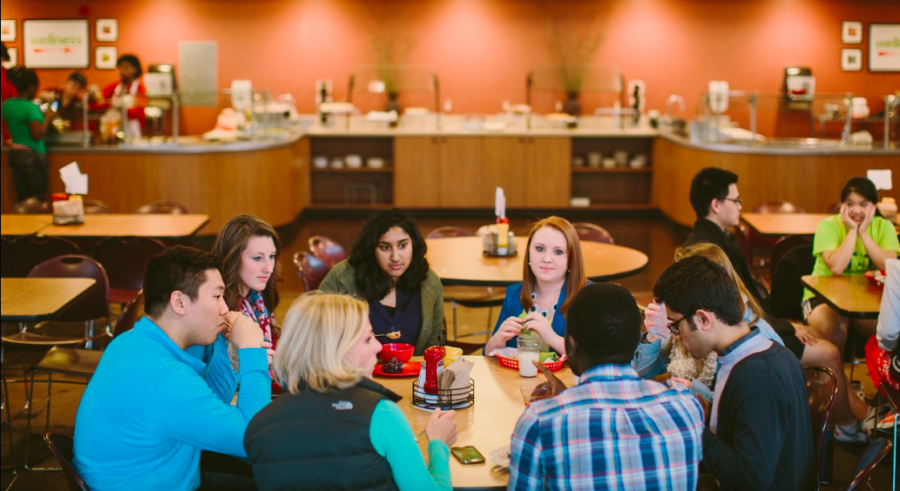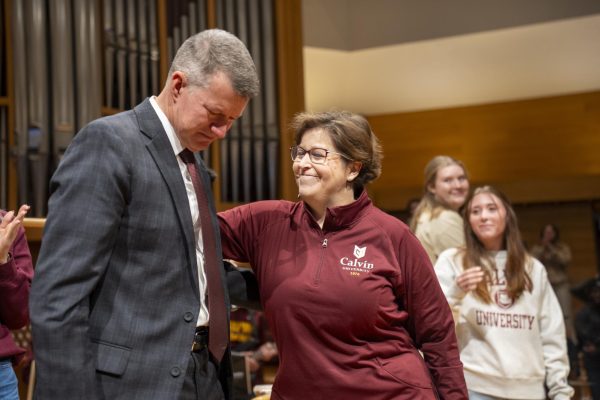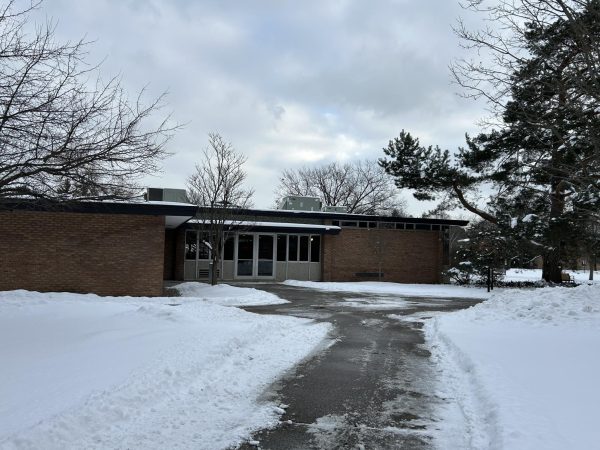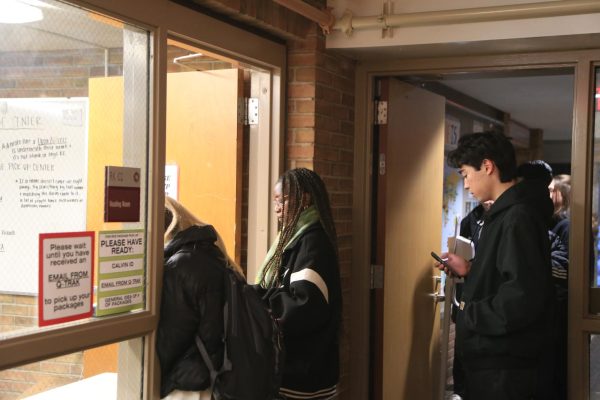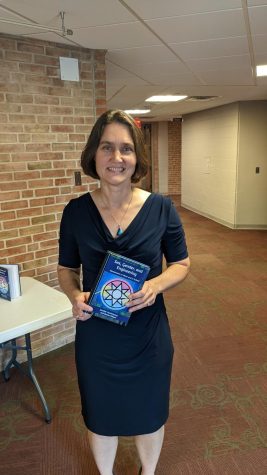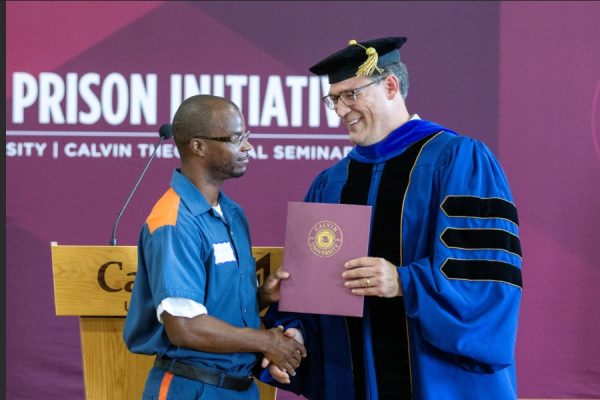Committee seeks to cultivate student conversation on plagiarism
Challenging academics. Dizzying extracurriculars. High standards. Calvin College is an environment of scholars, and according to professors, sometimes students resort to plagiarism to keep their grades in a good place. Just as with other colleges, this is nothing new to Calvin.
“It is demoralizing to other students,” said communication professor Sam Smartt, “to watch classmates get away with plagiarism.”
Smartt, as well as other faculty members, is part of a committee reviewing Calvin’s old plagiarism policy and making revisions, and he has quite a bit to say on the matter.
“
”“When more students cheat, it erodes any sense of plagiarism being really bad,” Smartt said.
As serious as it is to potentially fail a course because of plagiarism, some students have ignored possible retribution for the possibility of a better GPA. In an academically-challenging campus such as Calvin, craving good grades can be a slippery slope to achieving them dishonestly. If a student begins to crack under pressure, receive poor grades or see no other solution, then cheating might look tempting.
However, the effect that academic dishonesty has on other students can be just as damaging as it is to the reputation of the plagiarizer, if not more so.
“I have heard that it’s frustrating to other students because they’re doing the work to earn their grades, and other people sometimes shoplift the grade instead,” said business professor Jason Stansbury.
When asked about her stance on classmates who cheat, first-year student Emma Hilbelink said, “I would be rather upset, mostly because I put in the effort of creating the concepts and key words and turned them into my own words. [The] person [who plagiarized] just copied and pasted […] and never learned a thing.” Though Hilbelink was speaking hypothetically, Calvin and other institutions of learning are not immune to students cheating.
As simple as it may sound to turn to a professor about plagiarism, most students balk at the idea. Tattling on another classmate could convey a sense of betrayal or disloyalty. According to The Atlantic, nearly to 68 percent of undergraduate students have cheated in some capacity, yet the issue isn’t discussed very much in classrooms. No one wants to be the class snoop.
Lack of communication is a considerable part of the problem. Plagiarism is not discussed in the classroom very often, and the same can be said about life outside of the classroom. “Students have a much better sense of how pervasive it is than the faculty do about how much goes on,” said Smartt. “There needs to be dialogue on the students’ side about this.”
For there to be higher accountability and higher standards at Calvin, students must be able to talk about subjects that may make them nervous. As of the moment, lack of communication is leading to lack of awareness.
“I haven’t really known of anyone [plagiarizing] or talking about doing it,” said junior and 2nd Rooks RA Abbey Feenstra.
So what is there to do about plagiarism?
“Report to the professor or to the Office of Student Conduct if they know of any academic dishonesty,” said psychology professor Julie Yonker. “Academic dishonesty goes directly against Calvin’s mission for students to think deeply.”
Calvin’s current policy concerning plagiarism is still strict, according to Stansbury. “The Office of Student Conduct has a careful investigative process to ensure that everyone is treated fairly in the event of an instance of alleged academic dishonesty,” he said. “And many departments, including my own, have our own best practices and countermeasures to deter, detect, and punish academic dishonesty consistently and proportionately. So Calvin does a lot to uphold the integrity of the grading system, even if that’s not something we advertise.”
The potential policy will enable action to be easier for faculty members to take. Additionally, the various levels of offence will be clarified. There are many forms of cheating, and assigning a punishment appropriate to the situation can be tricky. The new policy will be more specific when identifying the severity, context, and intent of the incident. What is happening currently, according to political science professor and committee member Micah Watson, is discussion about “a framework for helping students know where the boundaries are, holding them accountable when boundaries are crossed, and coming alongside students to restore relationships that may be frayed or broken by academic dishonesty.”
For now, it is encouraged to show integrity in the matter and to broaden the conversation about academic dishonesty. Just because a classmate cheats doesn’t mean there isn’t a consequence on its way.



